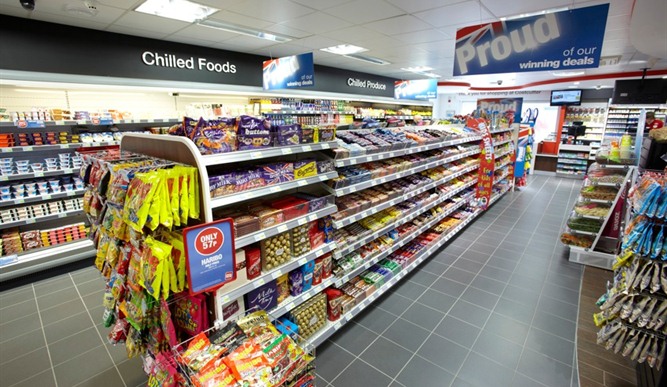 With significant growth recorded in Africa’s e-commerce industry in recent times, MD of DHL Express South Africa, Hennie Heymans has said certain regions on the continent may soon overtake South Africa in e-commerce activity due to increased availability of broadband access, affordable data costs offered by mobile operators and the consistent deployment and development of mobile devices.
With significant growth recorded in Africa’s e-commerce industry in recent times, MD of DHL Express South Africa, Hennie Heymans has said certain regions on the continent may soon overtake South Africa in e-commerce activity due to increased availability of broadband access, affordable data costs offered by mobile operators and the consistent deployment and development of mobile devices.
Heymans said “technological growth on the African continent has resulted in online shopping becoming a way of life for many citizens, and due to lack of customs challenges and high import tax present within the region, the sector is likely to expand rapidly.”
He posits that Nigeria, whose Information Communication Technology (ICT) sector has grown exponentially over the past five years, may soon rule the continent’s e-commerce terrain.
“With a population of over 160 million and an already thriving e-commerce market, Nigeria is becoming a game-changer in African e-commerce,” says Heymans.
Heymans added that with the recent implementation of Nigeria’s five-year National Broadband Plan which will see the country’s broadband internet penetration increasing by 80 percent by the end of 2018, Africa’s second-largest economy may soon overtake South Africa as the continent’s e-commerce market leader.
He pointed out that despite the continued growth and South Africa’s prominent e-commerce ranking, factors such as high import duties and stern customs regulations prevent consumers from benefiting from the expansive product choice and competitive prices abroad.
“If these obstacles are not addressed, South Africa’s e-commerce market may be in danger of falling behind other emerging e-commerce markets.”
DHL Express recently became a logistic partner of Jumia, Nigeria’s largest African online retailer.
“We recognise that the most challenging constraints for business operations in Africa are transport and logistics, and our logistics infrastructure now enables Jumia to service all of Nigeria’s 36 states,” Heymans said.


